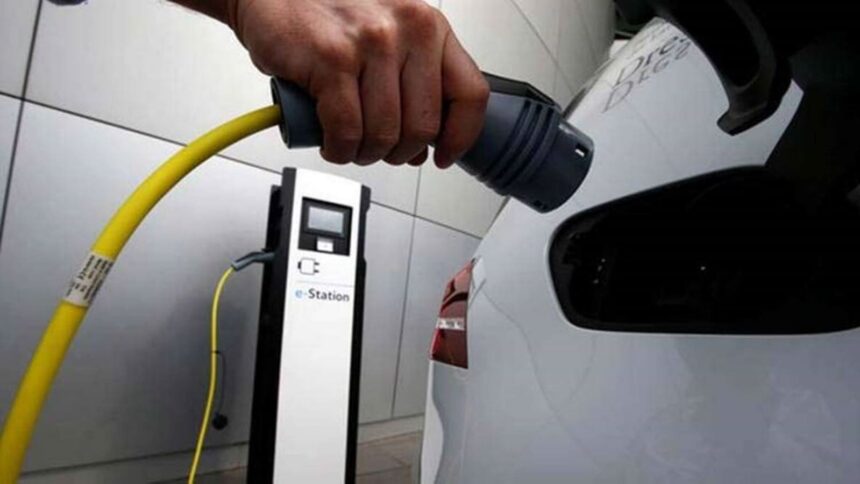Increasing adoption of strong hybrid passenger cars is having a net positive impact on electric vehicle (EV) sales in India as the two powertrains are currently attracting different sets of customers, a note by HSBC Global Research said. States which have offered incentives for hybrid cars have actually seen a strong growth in EVs, the note said.
The firm said that the perception that promoting hybrids will hinder EV adoption is “misplaced” since incentivising them “contributes to the broader development of the clean mobility ecosystem”. “We think strong hybrid electric vehicles (SHEVs) and battery electric vehicles (BEVs) are not cannibalising each other but, rather, are attracting different sets of customers,” the note said.
“In states where incentives are offered for SHEVs, BEV sales have also seen strong growth. In FY25, the growth in EV sales was similar to the growth in SHEV sales, despite incentives being offered on SHEVs by Uttar Pradesh, the largest PV selling state in India,” it added.
State government incentives for hybrid vehicles typically include a complete or partial exemption of road tax, which can bring down the overall cost of a car substantially. The note said that EV sales have grown strongly in all the states from the time they introduced incentives on hybrids.
For instance, EV sales in Haryana grew more than 130 per cent between June-December 2022 and July 2023 and in Rajasthan they increased 150 per cent between August-January 2023 and February-July 2023.
“The latest trends reinforce our longstanding belief that India will remain a multi-powertrain country for a prolonged period. Hybrids, CNGs, and biofuels are practical medium- to long-term solutions, while the country moves towards eventual electrification,” the HSBC note said. For some time now, hybrid vehicles have received global attention, and several carmakers have been seen to be realigning their electrification plans due to a slowdown of sales in the segments, particularly in markets like the United States and Europe.
Since late 2023, an EV slowdown is getting more pronounced in the US, with Tesla, the market leader with over half of all EV sales in that country, consistently reporting its lowest quarterly earnings in over two years.
In the Indian market too, there are signs of a subtle pivot that automakers are already making, in line with the trends being seen in developed markets. Players with a keen interest in the EV segment, including & Mahindra and Motor, both strong proponents of battery EV technology, are learnt to be exploring the hybrid option to diversify their offerings.
Analysts say multiple factors have played a role in the slowdown in EV sales globally, with waning government support being a crucial factor. In markets like India, scarcity of readily available and reliable fast chargers also play a role in the lower sales in the segment, despite EVs having several cost saving benefits, which people in the country prioritise.
In a note last year, HSBC Research had said that India needs to “embrace” hybrid vehicles over the next 5-10 years on the way to full electrification.
Such vehicles are the more practical medium-term solution for the country’s decarbonisation efforts and, more importantly, less polluting, it had said.







